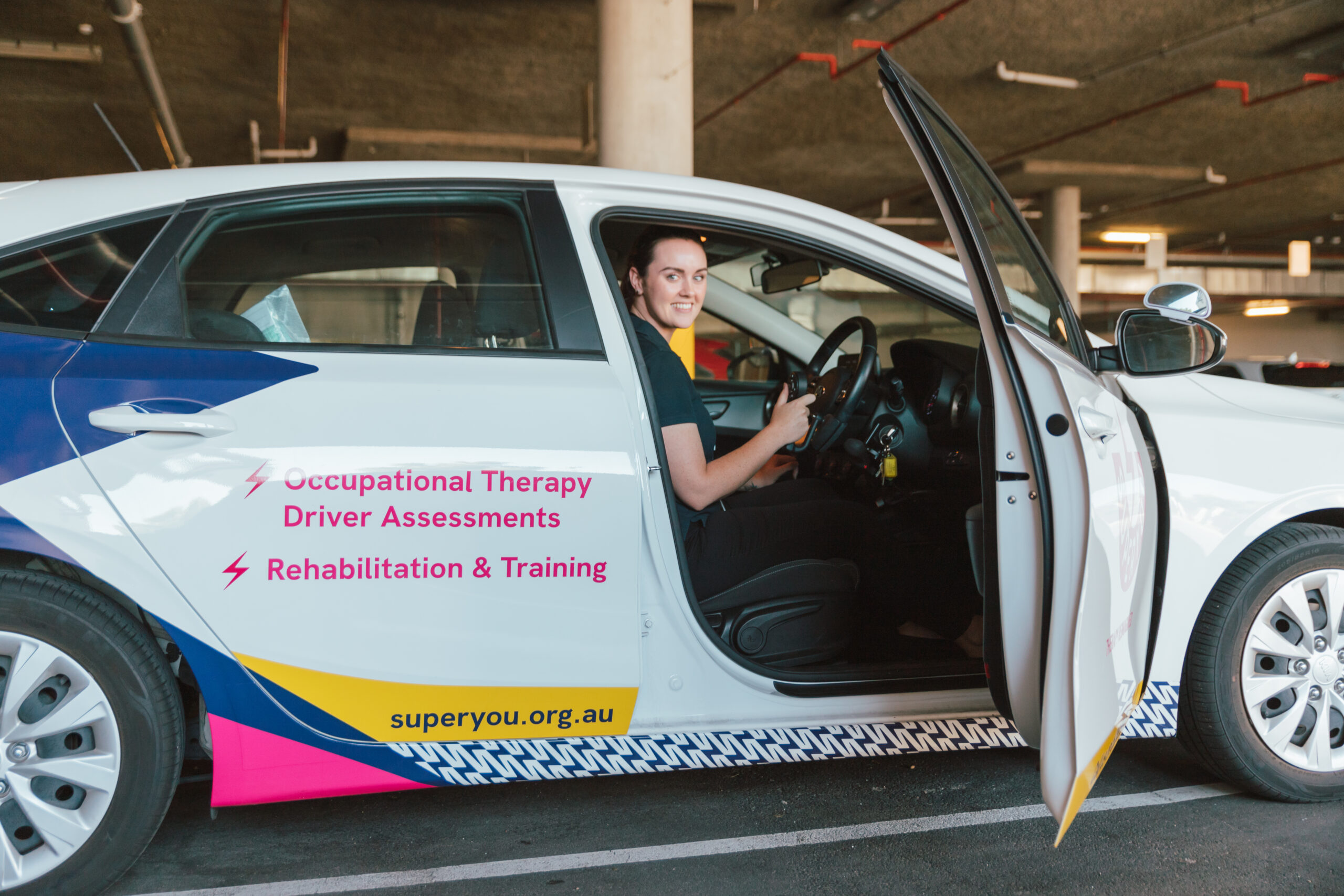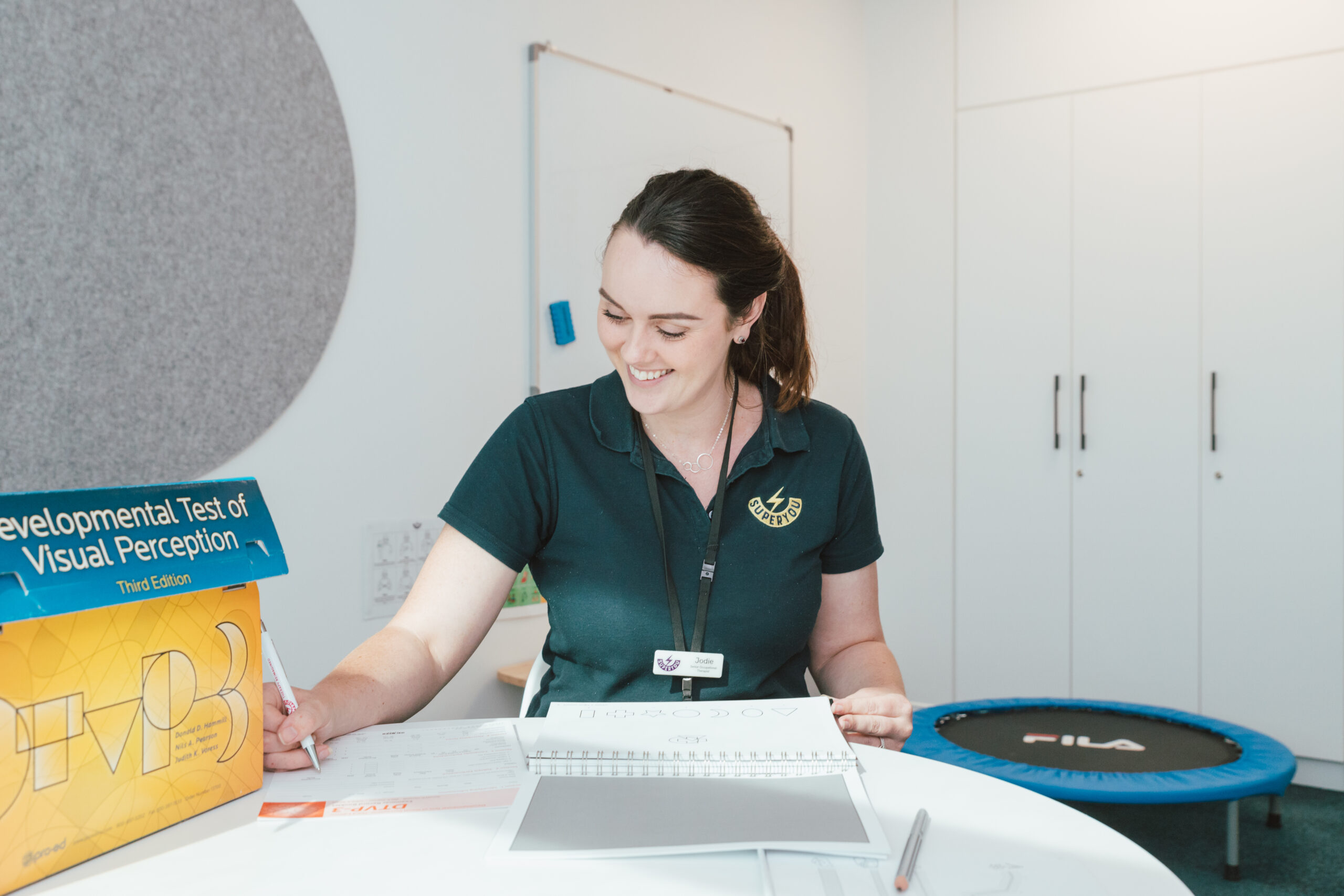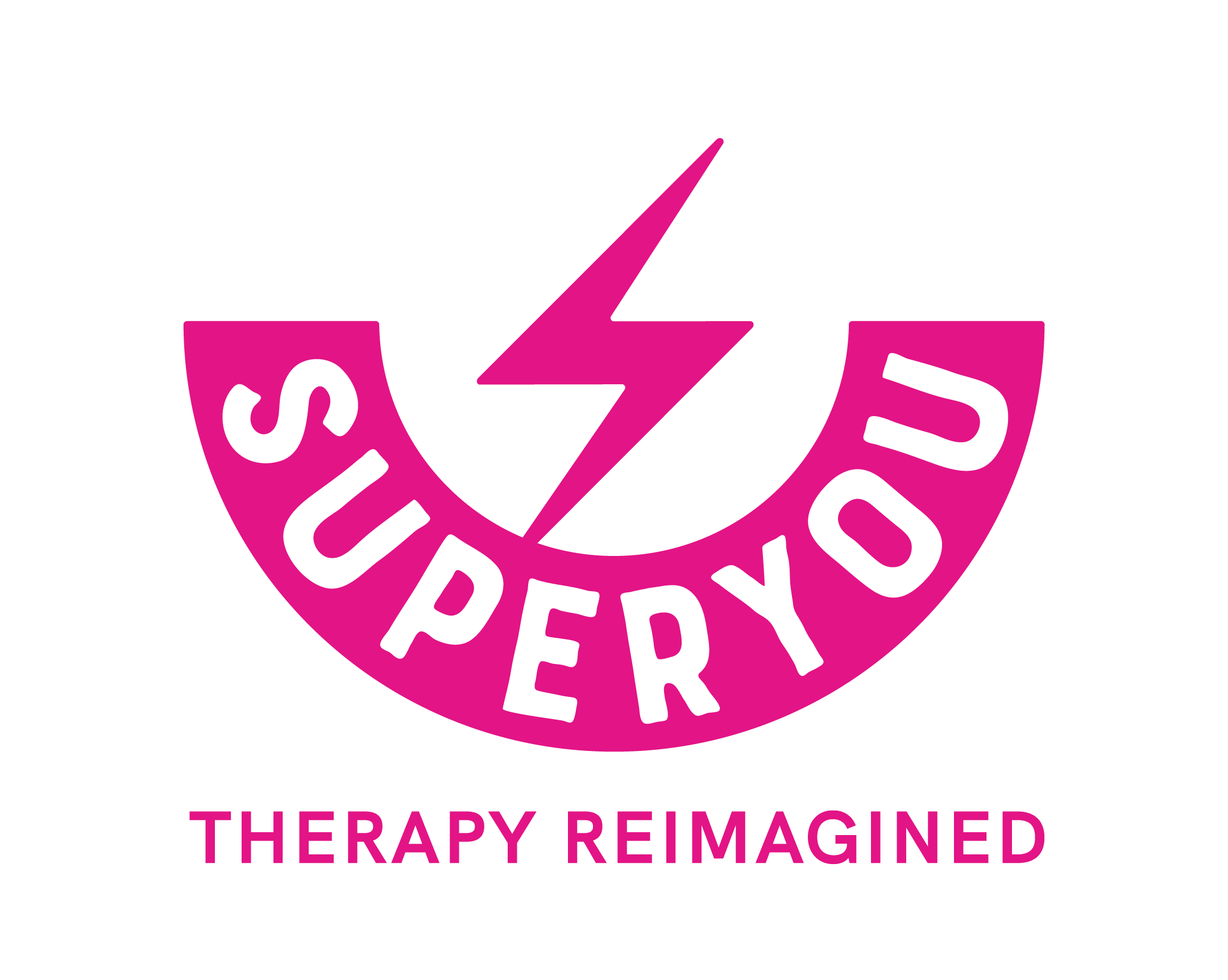Occupational therapy driver assessments
We’re lucky to live in Perth, but our urban sprawl and gaps in the public transport network means that most of us West Australians need access to a vehicle to get where we need to be.
So, what happens when you can’t drive due to a medical condition or disability, or if you require extra supports or equipment to gain your driver’s licence? In these circumstances, a Driver Trained Occupational Therapist can assist you to learn or return to driving by completing an Occupational Therapy Driver Assessment.
Got a question about our OT driver assessments in Perth? Send us an enquiry, phone us on 08 6263 8623, or email us at hello@superyou.org.au!
Why you might need an Occupational Therapy Driver Assessment (OTDA)
- Potential to drive – If you have physical or intellectual disability, you may benefit from an OTDA to determine your potential to gain a driver’s licence and to link you with specialist supports to assist you to achieve your goal. This could include specialised driver training.
- Vehicle modification – If disability impacts your safety when driving a standard vehicle, you may require vehicle modifications. These will be explored and trialled during your assessment to find which modification is best suited to your current and future needs.
- Fitness to drive – You may have a medical condition or have experienced a medical episode that could impact your driving. You’ll likely be recommended to complete an OTDA as part of your medical sign-off before you can get back behind the wheel again.
What happens on the day of an OTDA?
Learning to drive is an exciting time in everyone’s life, but perhaps the most nerve-wracking part is actually passing the test! Knowing what to expect may help to calm some of those nerves.
The OTDA can be split in to two meetings. In your initial meeting with the Driver Trained Occupational Therapist (DTOT) you will cover the following areas which will be conducted off – road at home or at one of our bases.

1. Goals and history
First things first, you will discuss your driving goals, current supports, and medical and driving history.
2. Skills and road rules
Next, the DTOT will complete a physical, sensory, and cognitive screening of the skills you need to drive, and complete some brief road rule tests.
Once the above information has been obtained, the DTOT will book in another meeting to go through the on–road component.
3. Hit the road!
Now, you’ll do the practical driving assessment (aka, the fun part!). This can look different for everyone, but you’ll likely be driving a dual-control vehicle, where the driving instructor will take you through various intersections to test your skills.
During the on-road portion of your OTDA, you’ll discuss vehicle modifications and figure out what’s best for you and your needs. If you do not require modifications, the OTDA will likely take the form of a lesson, with activities from the passenger seat. Your DTOT will then link you with relevant supports to help you achieve your goals.
Superyou Therapy has a team of senior Driver Trained Occupational Therapists who can support people to achieve their driving goals.
Do I need a referral?

At Superyou Therapy, our NDIS OT driver assessment services in Perth are available for everyone. No referral is needed. OT services are funded from your NDIS capacity-building budget.
Got any questions for us? Contact us at 08 6263 8623 or email us at hello@superyou.org.au!
Our parent company, PeopleKind Group, has 70 years of experience in the WA disability sector. We are proudly West Aussie owned and operated!

